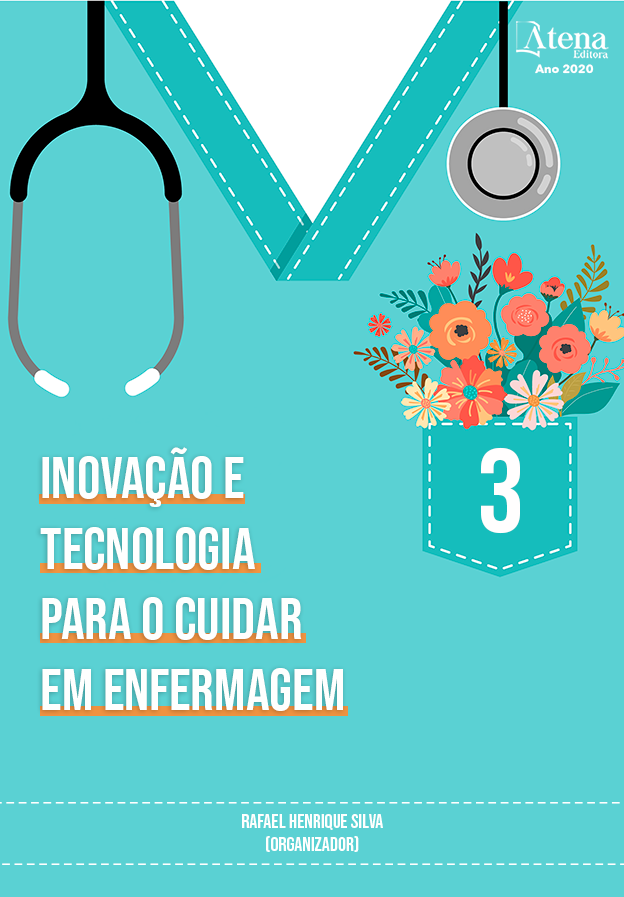
INTERAÇÕES MEDICAMENTOSAS NA UNIDADE DE TERAPIA INTENSIVA E SUAS CONSEQUÊNCIAS AO TRATAMENTO DOS PACIENTES
Unidade de Terapia Intensiva (UTI) é um centro de monitoramento contínuo que trata pacientes em estado grave, tornando-se necessário o uso de uma grande quantidade de fármacos buscando a cura e o suporte farmacoterapêutico do paciente. A ocorrência de interações adversas entre medicamentos administrados tem incidência proporcional à quantidade de fármacos usados simultaneamente, ao ponto de a frequência de interações medicamentosas significativas saltarem de 3%, em pacientes com uso de até seis medicamentos, para 20%, quando é feito uso de dez medicamentos diferentes. O presente estudo teve como objetivo descrever e analisar as possíveis consequências das Interações Medicamentosas (IMs) ao tratamento dos pacientes na Unidade de Terapia Intensiva (UTI). O método utilizado neste trabalho baseia-se no levantamento bibliográfico, tratando-se de uma revisão integrativa. Buscaram-se trabalhos sobre a temática nas bases de dados: Literatura Latino-Americana e do Caribe em Ciências da Saúde (LILACS) e Scientific Electronic Library Online (SCIELO). Oito estudos compuseram a amostra do estudo. Os resultados mostraram que as interações medicamentosas são uma consequência presente na Unidade de Terapia Intensiva devido à variedade de fármacos utilizados na terapêutica dos pacientes, o que torna as internações prologadas e trazendo agravos maiores ao quadro clínico dos pacientes. Conclui-se que as interações medicamentosas são um dos fatores que prejudicam o tratamento dos pacientes em uma unidade de terapia intensiva, acarretando na estadia prolongada ou levando à piora do quadro clínico.
INTERAÇÕES MEDICAMENTOSAS NA UNIDADE DE TERAPIA INTENSIVA E SUAS CONSEQUÊNCIAS AO TRATAMENTO DOS PACIENTES
-
DOI: 10.22533/at.ed.1012021082
-
Palavras-chave: Terapia Intensiva; Interações Medicamentosas; UTI; Fármacos; Enfermagem.
-
Keywords: Intensive Care; Drug interactions; ICU; Drugs; Nursing.
-
Abstract:
Intensive Care Unit (ICU) is a continuous monitoring center that treats critically ill patients, making it necessary to use a large number of drugs in order to cure and pharmacotherapeutic support of the patient. The occurrence of adverse interactions between administered drugs has an incidence proportional to the amount of drugs used simultaneously, to the point that the frequency of significant drug interactions jumps from 3%, in patients using up to six drugs, to 20%, when using ten different drugs. The present study aimed to describe and analyze the possible consequences of Drug Interactions (IMs) for the treatment of patients in the Intensive Care Unit (ICU). The method used in this work is based on a bibliographic survey, being an integrative review. We searched for works on the theme in the databases: Latin American and Caribbean Literature in Health Sciences (LILACS) and Scientific Electronic Library Online (SCIELO). Eight studies made up the study sample. The results showed that drug interactions are a consequence present in the Intensive Care Unit due to the variety of drugs used in the treatment of patients, which makes hospitalizations prolonged and brings greater aggravations to the clinical condition of patients. It is concluded that drug interactions are one of the factors that hinder the treatment of patients in an intensive care unit, resulting in prolonged stay or leading to worsening of the clinical condition.
-
Número de páginas: 12
- Cláudia Patrícia da Silva Ribeiro Menezes


